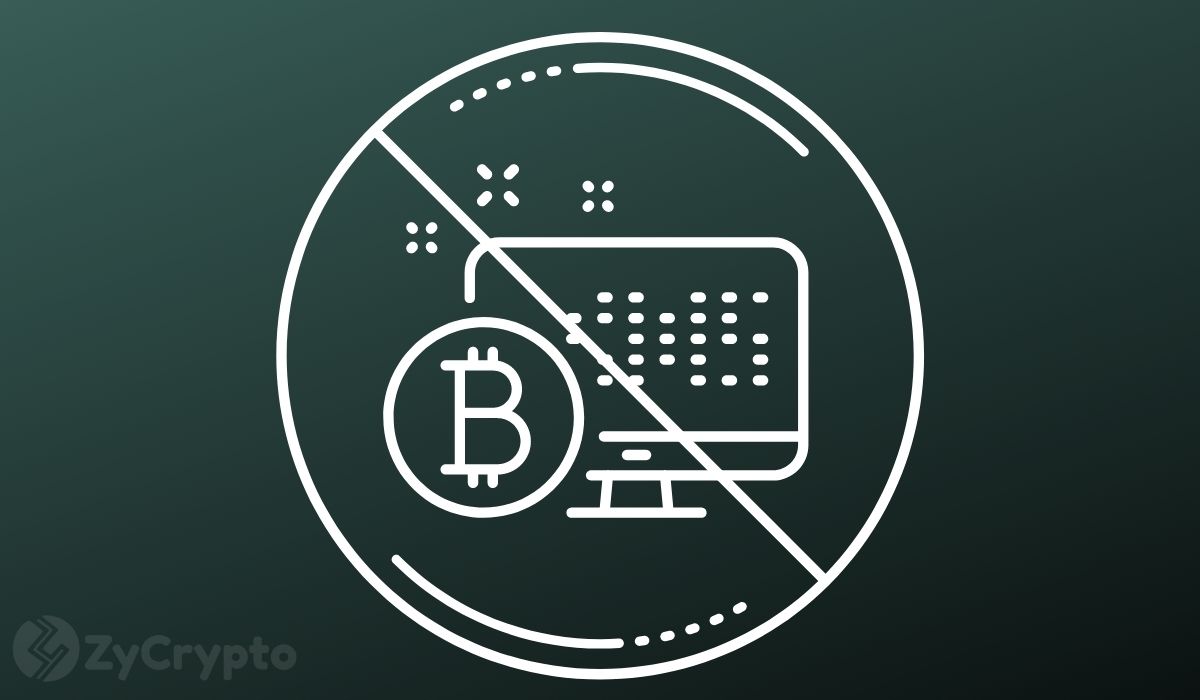As we reported earlier, the Central Bank of Nigeria has warned that henceforth, all financial institutions facilitating all forms of cryptocurrency transactions in the country will face the rot of regulatory bodies. The news came in form of a circular made yesterday.
In it, the central bank demanded that banks enabling accounts of individuals carrying out crypto-related transactions should make such accounts defunct. Any financial stakeholder that fails to keep to these rules will risk facing strict penalties from regulatory bodies.
Nigerian Youths may have a harder time trading cryptocurrency in the future
For Nigerian youths who make up the larger percentage of the 200 million-plus population in the country, and have developed a burning interest in cryptocurrencies especially Bitcoin over time, the news, although alarming, may not have been the most shocking coming from its CBN.
This is because, in recent times, Nigeria’s CBN has extended hostility towards cryptocurrencies. In 2018, the country’s CBN reminded the public that digital assets like Bitcoin, Monero, Litecoin, Dogecoin, and the likes are prohibited, as they are not regulated for use in the country.
How Powerful is Nigeria’s Central Bank?
Because digital currencies like Bitcoin must be converted to fiat currencies in order to be used, if the ban becomes effective, trading platforms in the country like Buycoins and Luno (which require users to link their Bank accounts and other ID-related details, in order to receive their currencies in cash) may not have any other transfer channel, thereby causing customer funds to remain stuck on the platform.
Over the next few weeks, fear and panic may cause exchanges to record a tremendous outflow of funds, but since the news broke, Nigerian youths have remained optimistic, as they took to Twitter to share possible solutions that could help curtail the situation.
Can Nigeria’s CBN sweep cryptocurrencies under the carpet? Probably not
At this point, there is no telling what the future of Cryptocurrency trading will turn out to become in Nigeria, but the Nigerian government may need more than a ban to dissuade its citizens from being affiliated with cryptocurrencies.
This year alone, Nigeria emerged as the country with the highest Google searches for Bitcoin. In 2020, trading volume surpassed every other African country to cross $400 million, causing trading platforms to surge in their numbers. Many entrepreneurs in the country have included cryptocurrencies as payment methods.
The future is still crypto for Nigerian residents
The market for cryptocurrency is exploding in Nigeria, and upon hearing the news, Nigerian youths have responded with defiance. One Nigerian Twitter user suggested that Crypto funds transferred to Ghana, then converted to naira and withdrawn to a Nigerian bank account. Others have simply called for a youth protest. We’ll keep updating as the story develops.







